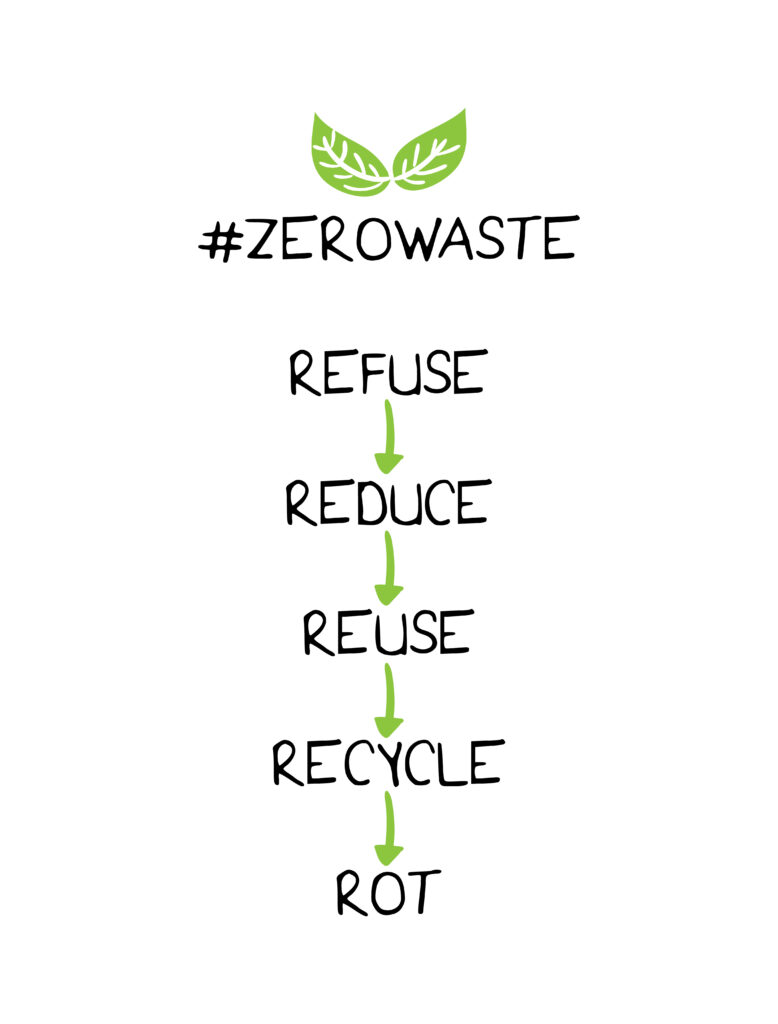LogiCommerce is trusted by global enterprise brands and wholesalers, across industries
Today, eCommerce has become one of the main sales channels for many companies and brands. However, this boom has also generated greater concern about the environmental and social impact that this activity can have. That is why sustainability and corporate social responsibility have become key issues in the eCommerce sector. Companies are becoming aware of the importance of being sustainable and responsible to their customers, employees, suppliers and local communities.
In this article we will explore what is sustainability and corporate social responsibility in the context of eCommerce, how sustainable practices can be implemented in eCommerce operations and what benefits can be gained by companies adopting these ethical and responsible practices.
Contents
Sustainability in eCommerce refers to the adoption of responsible and ethical practices by companies operating online, with the aim of minimizing their environmental and social impact. This involves taking measures to reduce the carbon footprint, reduce waste generated, promote transparency in the supply chain, protect human and labor rights, and promote sustainable economic development.
Some sustainable practices that can be implemented in the eCommerce include: using recyclable or biodegradable materials for shipments, optimizing delivery routes to reduce greenhouse gas emissions, offering eco-products ensure fair conditions for workers throughout the supply chain, among others.
Corporate social responsibility in eCommerce refers to the incorporation of ethical and sustainable practices by companies operating online, with the aim of having a positive impact on society and the environment. This implies taking responsibility beyond compliance with laws and regulations, and seeking to contribute to social and environmental welfare.
Some corporate social responsibility practices that can be implemented in the eCommerce include: donating to charities, fostering diversity and inclusion, ensuring fair working conditions for workers, respect human rights and protect the environment, among others. Companies that adopt corporate social responsibility practices can improve their reputation, increase customer loyalty and generate a positive impact on society.

Sustainability and corporate social responsibility are closely related, but they focus on different aspects. Sustainability primarily refers to responsible management of natural resources and reduction of environmental impact, while corporate social responsibility covers a wider range of social concerns, including aspects such as human rights, fair work practices and engagement with local communities.
However, both share a common goal: to promote ethical and responsible business practices that contribute to social and environmental well-being. Companies that adopt sustainable practices and corporate social responsibility can improve their reputation, increase customer loyalty and generate a positive impact on society.
In short, although they differ in the specific aspects they address, both sustainability and corporate social responsibility are fundamental to building a more just and sustainable future.
An eCommerce that adopts sustainable practices and corporate social responsibility can reap a number of benefits, including:
Improving reputation: Consumers are increasingly interested in social and environmental issues, so an eCommerce that demonstrates a commitment to these issues can improve their reputation and increase consumer confidence in their brand. Some ways an eCommerce can improve its reputation include:
Competitive differentiation: Adopting sustainable and ethical practices can differentiate an eCommerce from its competitors by demonstrating its commitment to social and environmental values.
Customer loyalty: Consumers are increasingly interested in social and environmental issues, and are looking for brands that share their values and concerns. Some ways an eCommerce can improve customer loyalty through sustainable practices include:

Cost reduction: Implementing sustainable practices can reduce long-term costs by reducing energy and resource consumption, as well as minimizing environmental impact. Here are some ways an eCommerce can reduce its costs through sustainable practices:
Business innovation: The adoption of sustainable practices can foster business innovation by stimulating new ideas and creative solutions to address social and environmental challenges. Here are some ways that implementing sustainable practices can drive business innovation:
In short, an eCommerce that adopts sustainable practices and corporate social responsibility can reap multiple benefits, including improved reputation, competitive differentiation, customer loyalty, cost reduction and business innovation.
